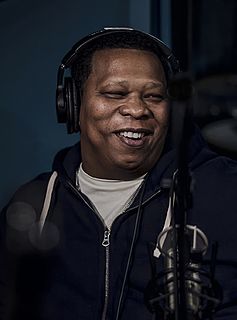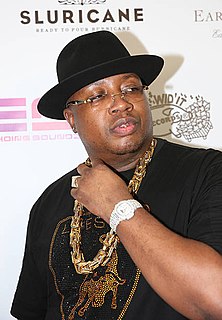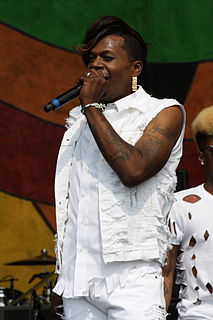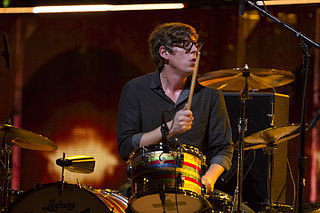A Quote by Mannie Fresh
'Chopper City in the Ghetto,' real talk, it's what changed Cash Money from a Bounce label to a Rap label.
Related Quotes
In theory, when you're working with a record label, you're just borrowing their money. And that's basically how the record industry works, right? It's like, you borrow $100,000 from a record label, so you don't make any money until you make back that money for them. In theory, they have you held hostage, so you've got to do every little stupid thing that they want you to do.































